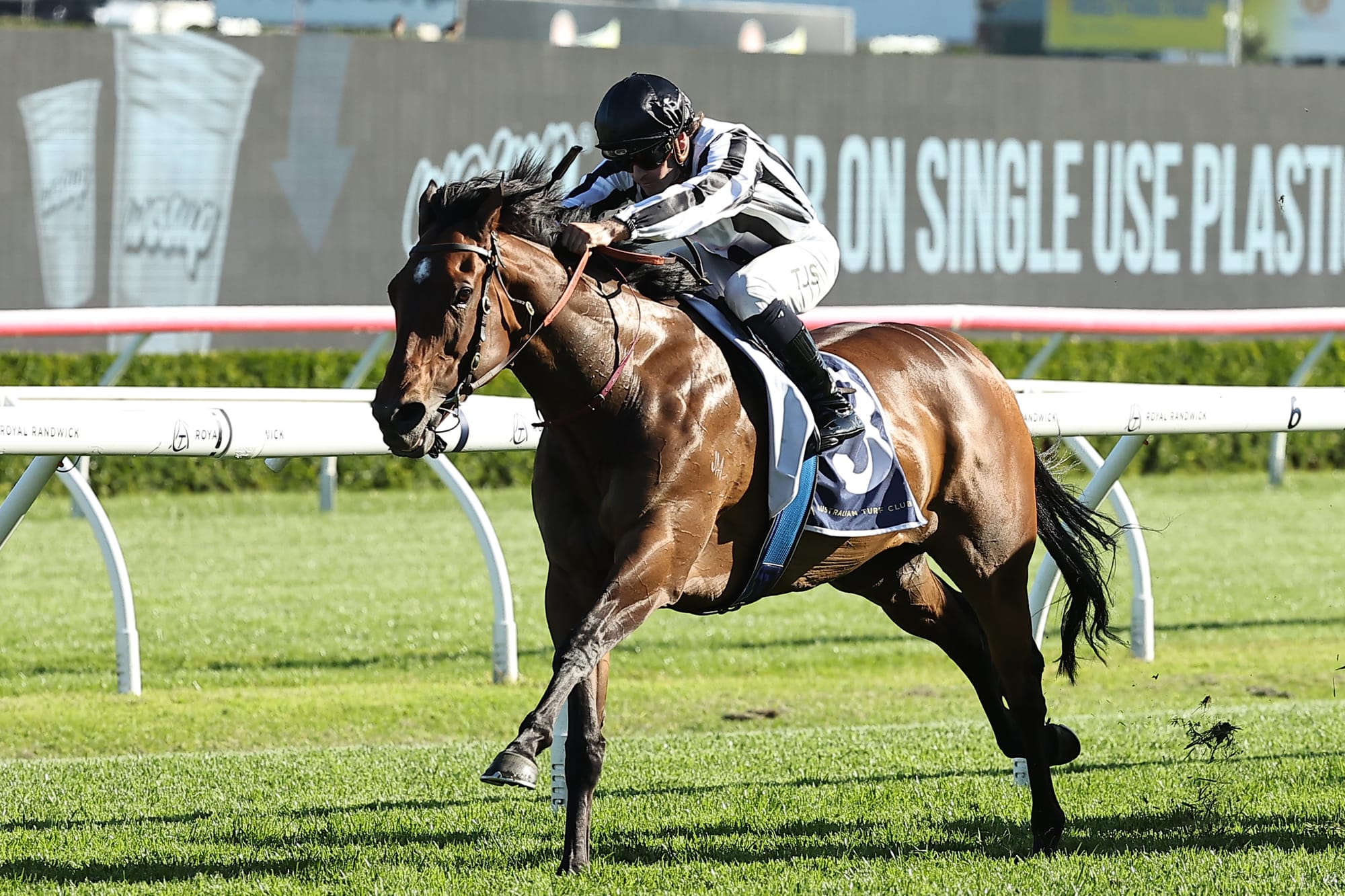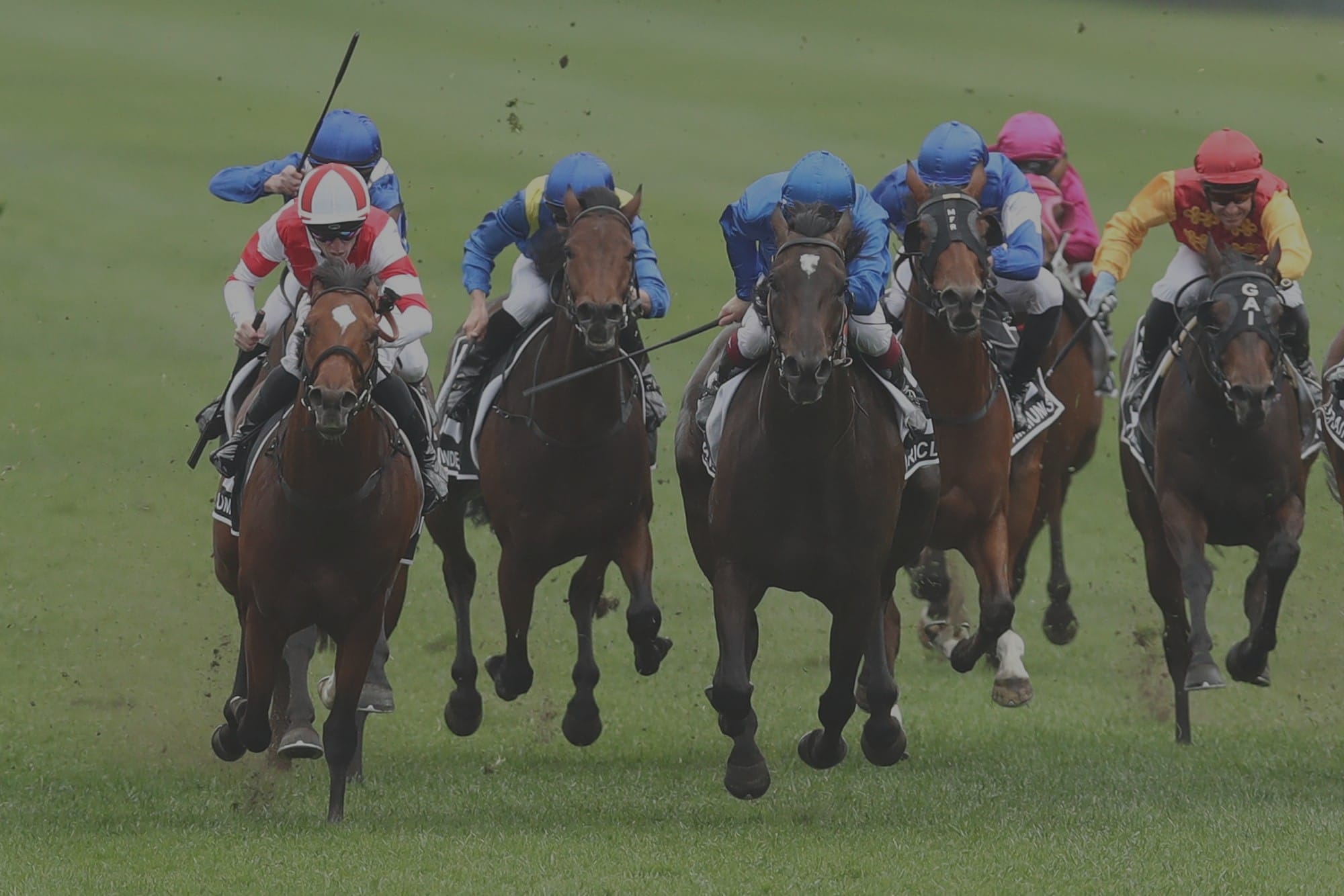Status unknown for Belclare – Black cloud over Invitation win as NZ owner counts cost of Pattern debacle
Belclare more than doubled her prize money with her electric performance in The Invitation at Randwick, but the absence of international recognition for the race’s Group 2 status could have a major impact on the mare’s residual value.

A dual Group 1 winner in New Zealand, seven-year-old Belclare was transferred to Sydney trainer Bjorn Baker mid-year. Her Kiwi owner-breeder David Woodhouse had retained his homebred mare having passed her in with a reserve of $700,000 at the Magic Millions National Broodmare Sale on the Gold Coast in May.
Her breakthrough Australian win on Saturday in the mares’ $2 million The Invitation, with a 1.17-length margin over two-time Group 1 winner Magic Time, saw her connections bank $1 million in prize money but a Sydney black-type win would have likely seen her value as a broodmare skyrocket to seven figures.
Rightly or wrongly, New Zealand black-type is valued less when it comes to residual value of mares and fillies as it does in Australia.
The Invitation was among 12 NSW spring races that were either upgraded or had black-type status added to them under Racing Australia’s recently agreed ratings-based Black Type Guidelines.
The Everest, which was won by Bella Nipotina on October 19, and next year’s All-Star Mile in Melbourne, have received globally recognised Group 1 status, but the black type afforded to other races such as The Invitation and the previous week’s Silver Eagle have not yet been granted international approval.
Therefore, the victories by Belclare and Silver Eagle winner Ostraka are not reflected by black type in their pedigrees on databases and catalogue providers such as Arion.
Amid stakeholder backlash following the October 8 announcement, other principal racing authorities such as Racing Victoria and Queensland, stepped away from immediate upgrades to some of their ‘eligible’ races.
Little Avondale’s Sam Williams, who presides over the stud career of Beclare’s sire Per Incanto at his Masterton property in New Zealand, believes the uncertainty surrounding Australia’s Pattern needs sorting out sooner rather than later.
He pointed to the New Zealand Pattern Committee’s decision in September to downgrade the signature three-year-old race the Levin Classic from Group 1 to Group 2 status in order to protect the country’s international black-type standing.
“You can understand what they’re (Racing NSW is) wanting to do, but there is a process and when there’s a Pattern committee, it shouldn’t be a committee of one,” Williams told The Straight.
“They’re obviously going to have to sort it out sooner rather than later because the last thing we want is for the most aggressive racing jurisdiction in the world at the moment, and one of the most exciting jurisdictions in the world being Australia, for there to a hiccup where this is going on and none of us want to see it become a laughing stock.”

Despite the absence of an important Australian black-type win on her CV, Belclare will likely get her chance to right that situation in the Hot Danish Stakes for fillies and mares at Rosehill on Saturday week.
“That’s a Group 2 race and it won’t lose its status, will it?” Belclare’s owner, retired Kiwi farmer Woodhouse, said in reference to the black-type furore taking place in Australia.
On Friday, Thoroughbred Breeders Australia chief executive Tom Reilly addressed the continued fallout from the ongoing battle over the direction of the Pattern.
He said neither TBA or its marketing arm Aushorse nor any of the state breeding bodies had been consulted before the purported changes made by Racing NSW and Racing Australia.

Other states, including Victoria and Queensland, were set to also upgrade a swathe of races but stepped back from the plan due to pressure from participant groups.
“It is the view of TBA that Australia needs a Pattern system that is both robust and transparent and involves a broader group of stakeholders involved in decision-making than just racing administrators. It is also vital that our black type is recognised around the world,” Reilly wrote.
“These recent guidelines were developed in an effort to end the impasse over the Pattern, which had seen no races upgraded or downgraded for seven years.”





